

.jpg)
What exactly do Christian journalists do? Why do we need them?
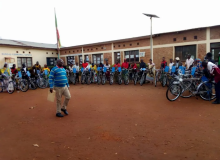
My days in Burundi exposed me to its overwhelming poverty, but Christians can help by contributing to organizations with well-conceived plans to help Burundians deploy their own resources effectively.
.jpg)
What should we make of the evidence pointing to increasingly harsh summers? Gianluca Piccirillo in Italy and Michael Wickham in Spain address the problem of high temperatures from a Christian perspective.

The consequences of neglecting our responsibility to each other and our shared home are no longer distant, they are here now, and the church cannot wait any longer to act.
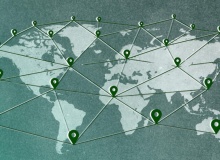
Western agencies must reskill to become effective intercultural facilitators, connecting people, skills, and resources behind Majority World strategies for mission.
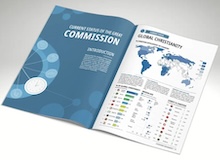
In ten days, 10,000 evangelical leaders representing all continents will participate in the 4th Lausanne Congress in Seoul, around the theme: “Let the Church declare and display Christ together”.
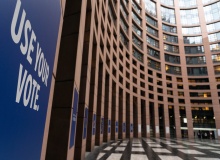
May our votes in the upcoming elections go to those whose worldview promotes long-term sustainability.
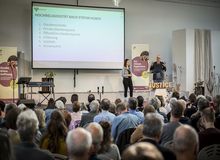
“Christian faith is a motivating factor for social justice commitment”, says a study published by StopPoverty and Interaction.
.png)
As a team, we hope to find people in Europe and elsewhere who identify with our vision of faith and society. Learn how to donate towards #OneMoreYearEF.

“As much as we need to mine, we have to set boundaries so as not to compromise the wellbeing of the community”, says Christian conservationist group A Rocha Ghana.
.jpg)
A survey in France shows that 76% of evangelicals know of Bible passages related to environmental care. Jean-François Mouhot (A Rocha) sees “a generational change in the churches”.
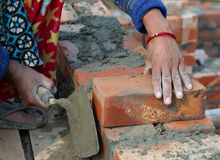
The European Freedom Network (EFN) asks parliamentarians in Brussels to pass legislation that forces companies to identify and address human exploitation.
For a week, Christian politicians and social actors from 37 countries met in Geneva. A final document delivered to the UN says “discrimination and persecution on the basis of faith” is “absent” from the Development Goals.
.jpg)
Matthias Boehning shares his impressions after attending the COP27 global climate conference in Egypt. He represented the World Evangelical Alliance.

The shared view of Russia as a lasting potential threat made CEE countries sympathise with Ukraine, especially since 2014. An article by Rafał Piekarski and Barbora Filipová.
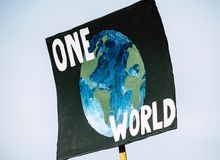
We must seek ways to communicate, participate, and act in order to bring about positive changes in today's increasingly ‘glocal’ world.

Anglo Recycling is a textiles recycling business that sees value in providing dignified employment, developing responsibly made products and investing in the community.

Fluid IT aims to provide fairer service and release the potential of technology for his clients, pursuing social impact.
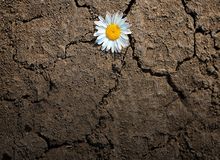
The Bhojpuri pattern for church planting among the unreached. An article by Victor John and Dave Coles.
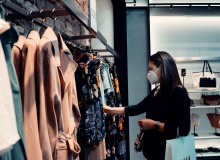
Tearfund encourages people to get supporters to sponsor them to wear only 10 items of clothes for one month and use the money to help vulnerable communities.

Some believe that “Europe cannot afford to dismiss energy sources” with low CO₂ emissions, but others warn that the decision of the European Union “is all about information for the capital markets”.

“We cannot let 800 years of worship and service fail on our watch", says the Church of England.
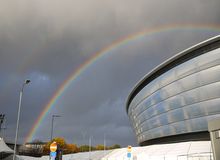
Miguel Wickham analyses the COP26 development, the challenges in addressing climate change, and the role of Christians.

WEA Advocacy Officer Wissam al-Saliby, talks with Chris Elisara, Director of the Creation Care Taskforce at the WEA, about the evangelical role at the upcoming COP26.

“Jesus calls us to live and reflect the Kingdom of God here on earth, working for the protection of all creatures without fatalism or desertion”, says the declaration.

Las opiniones vertidas por nuestros colaboradores se realizan a nivel personal, pudiendo coincidir o no con la postura de la dirección de Protestante Digital.